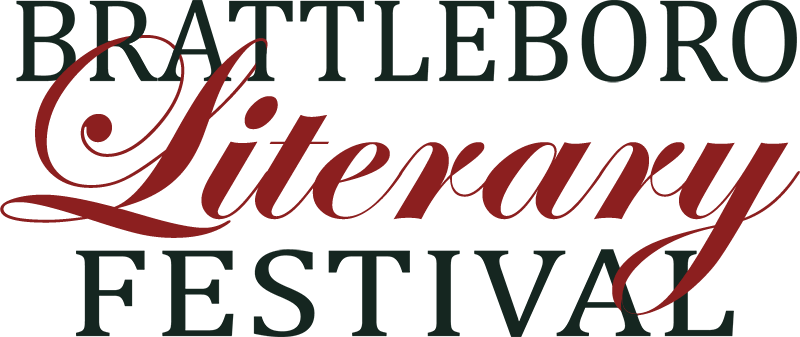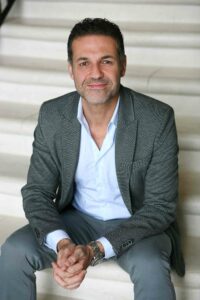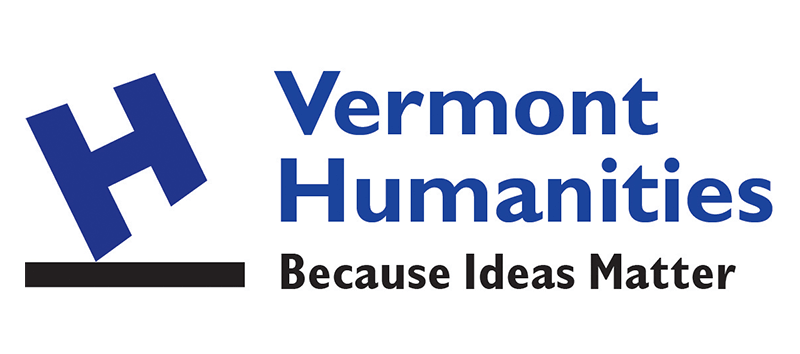Sunday, April 21
Epsilon Spires
THE KITE RUNNER
Afghan Cuisine & Film Discussion
Our Film Adaptations of Banned Books series continues w THE KITE RUNNER, with a discussion led by Abdullah Hafizi and members of the artist collective THE ARTLORDS. Bring your library card for free admission to the film! Enjoy extraordinary Afghan cuisine created by TAZA after the film.
Apr 21, 2024, 5:00 PM – 9:00 PM
Epsilon Spires, 190 Main St, Brattleboro, VT
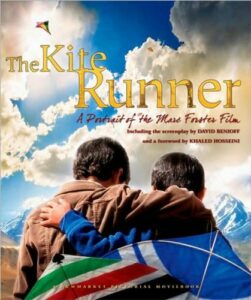
The Kite Runner is a 2007 American drama film directed by Marc Forster from a screenplay by David Benioff and based on the 2003 novel of the same name by Khaled Hosseini. It tells the story of Amir, a well-to-do boy from the Wazir Akbar Khan district of Kabul who is tormented by the guilt of abandoning his friend Hassan. The story is set against a backdrop of tumultuous events, from the fall of the monarchy in Afghanistan through the Soviet military intervention, the mass exodus of Afghan refugees to Pakistan and the United States, and the Taliban regime.
Though most of the film is set in Afghanistan, these parts were mostly shot in Kashgar in Xinjiang, China, due to the dangers of filming in Afghanistan at the time. The majority of the film’s dialogue is in Dari Persian, with the remainder spoken in English and a few short scenes in Pashto and Urdu. The child actors are native speakers, but several adult actors had to learn Dari. Filming wrapped up on December 21, 2006, and the film was expected to be released on November 2, 2007. However, after concern for the safety of the young actors in the film due to fears of violent reprisals to the sexual nature of some scenes in which they appear, its release date was pushed back six weeks to December 14, 2007. The controversial scenes also resulted in the film being banned from cinemas and distribution in Afghanistan itself.
Made on a budget of $20 million,the film earned $73.2 million worldwide. The film received generally positive reviews from critics and was nominated for the Golden Globe Award for Best Foreign Language Film in 2007. The film’s score by Alberto Iglesias was nominated for Best Original Score at the Golden Globes and the Academy Awards.
History of Censorship: Khaled Hosseini’s acclaimed debut novel The Kite Runner has sold millions of copies and inspired a popular film, but the book has been met with several challenges since its 2003 release. In 2017, it was the fourth most challenged book according to the American Library Association. It was challenged for sexual violence, and Islamophobia fueled some challenges, with would-be censors arguing that the novel would inspire terrorism and promoted Islam. The book also appeared on the top ten lists for 2014 (offensive language, unsuited to age group, violence), 2012 (homosexuality, offensive language, religious viewpoint, sexually explicit), and 2008 (offensive language, sexually explicit, unsuited to age group).
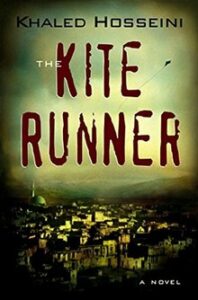 The Kite Runner is the unforgettable, heartbreaking story of the unlikely friendship between a wealthy boy and the son of his father’s servant, caught in the tragic sweep of history, The Kite Runner transports readers to Afghanistan at a tense and crucial moment of change and destruction. A powerful story of friendship, it is also about the power of reading, the price of betrayal, and the possibility of redemption; and an exploration of the power of fathers over sons—their love, their sacrifices, their lies.
The Kite Runner is the unforgettable, heartbreaking story of the unlikely friendship between a wealthy boy and the son of his father’s servant, caught in the tragic sweep of history, The Kite Runner transports readers to Afghanistan at a tense and crucial moment of change and destruction. A powerful story of friendship, it is also about the power of reading, the price of betrayal, and the possibility of redemption; and an exploration of the power of fathers over sons—their love, their sacrifices, their lies.
